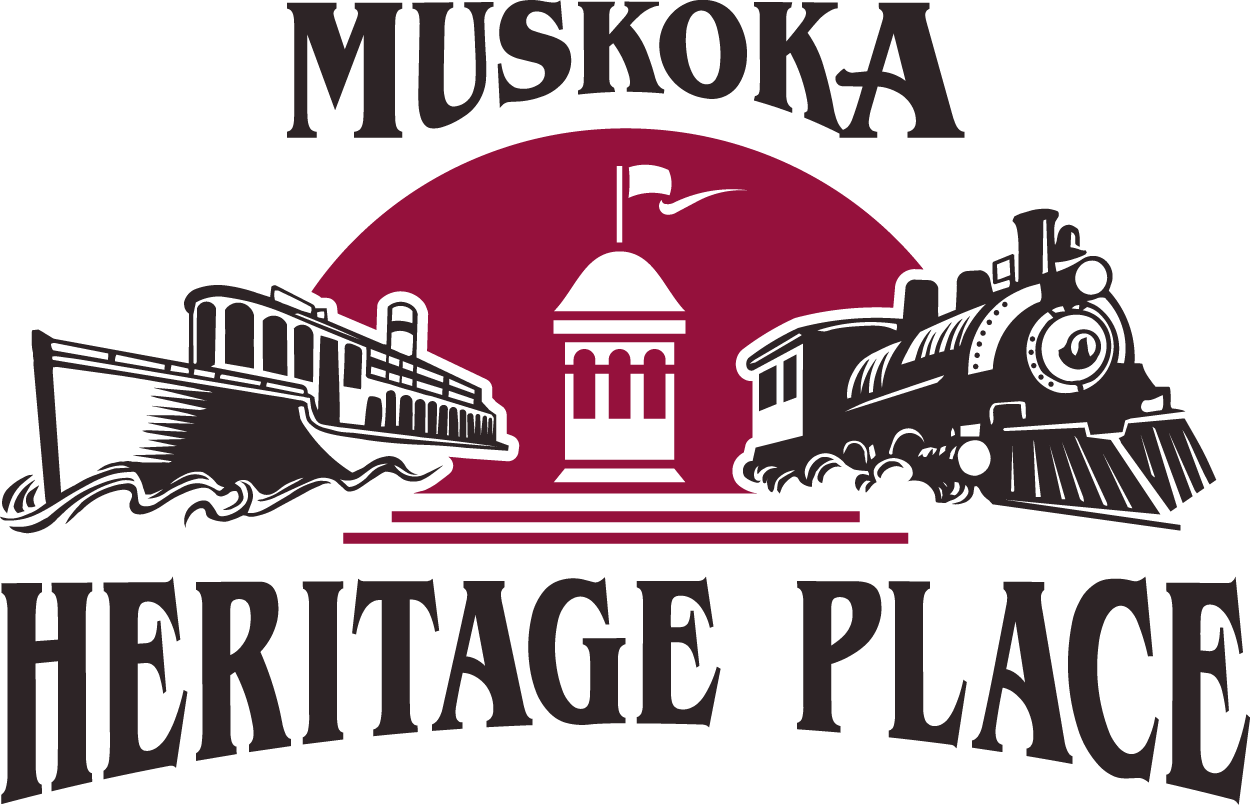On this page
The settlers tried to be as self-sufficient as possible. It was expensive to have things brought in. In the past, most animals were left to roam and feed themselves as they could. At Muskoka Heritage Place we have had many different animals from the era:
Chickens and turkeys ** here in 2025 **
Over the course of Muskoka's short warm season, chickens and turkeys could grow quickly from birth to butchering size easily. These flightless birds roosted in the trees and usually wouldn’t stray too far.
Sheep
Sheep were valuable for both their wool and meat. Though land in Muskoka was really difficult for farming, sheep and goats became popular since they could handle the rocky terrain and did very well on the undergrowth and new growth created by the clearing of land.
Pigs
Over the course of Muskoka's short warm season, pigs could grow quickly from birth to butchering size easily. Pigs liked to root through the forest in addition to disposing of table scraps.
Contact Us
Muskoka Heritage Place
88 Brunel Road
Huntsville, Ontario
Canada, P1H 1R1
Phone: 705-789-7576
